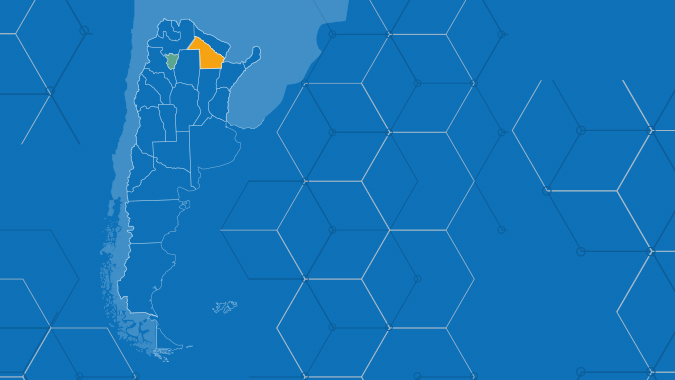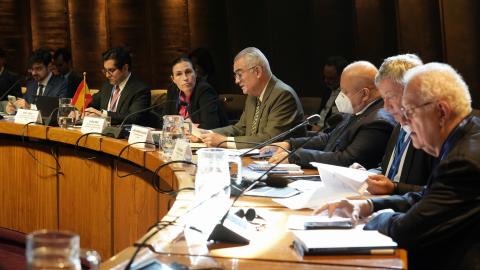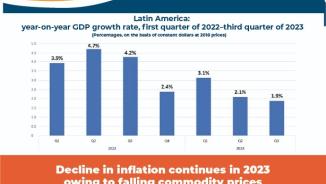Press Release
ECLAC’s Office in Buenos Aires presented, in two new publications, studies about the main conditioning factors to achieving inclusive and sustainable development found in the Argentine provinces of Tucuman and Chaco.
The studies were carried out based on the perspective of structural gaps, with a view to contributing along with subnational governments to determining strategic areas for public intervention to close the existing gaps and to producing an assessment that serves to support strategies to attract financing in the framework of the 2030 Agenda for Sustainable Development.
The studies were developed in accordance with the methodological approach developed by ECLAC to identify structural gaps in development in the provinces of Argentina. In addition to seeking to provide a comprehensive vision of the difficulties that each province faces, this approach is also articulated with the 17 Sustainable Development Goals (SDGs) that the United Nations General Assembly approved in 2015. That methodology, in turn, is based on the proposal originally developed by ECLAC’s Financing for Development Unit for analyzing national cases.
Each provincial study includes a geographic, sociodemographic and productive characterization of the province; analyzes the nine gaps contemplated in the methodology (income, inequality, employment, poverty, education, health, productivity, infrastructure and environment); and suggests strategic areas for intervention to invigorate development processes in the territory.
In the case of Tucuman, the first province studied with this perspective, the assessment was carried out in the framework of a technical cooperation project between the Institute for the Productive Development of Tucuman (IDEP) and ECLAC. In light of the results, the document suggests that the province’s public policy agenda prioritize improving logistical conditions, adding value at source and developing alternative sources of energy.
In the study on structural gaps in Chaco province, ECLAC’s counterpart for technical cooperation was the province’s School of Government. this case, based on the integrated analysis of the restrictions that were identified, the study suggests that specific public intervention focus on improving conditions for production and creating quality employment as well as fomenting maintainable and environmentally sustainable productive activities.
Currently, with the methodological strategy used for the cases of Tucuman and Chaco, ECLAC is carrying out, through its Office in Buenos Aires and with numerous subnational governments, diagnostic studies on the main structural gaps in development in their territories.


